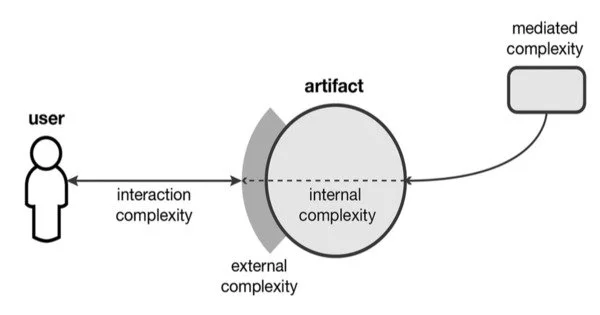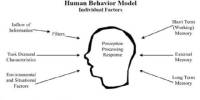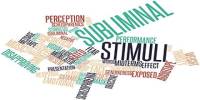Integrative complexity is a psychological and political science concept that refers to an individual’s or group’s ability to consider numerous views, concepts, or aspects when assessing and solving problems or making decisions. It is a study psychometric that measures the extent to which thinking and reasoning involve the recognition and integration of different viewpoints and options, as well as their interconnected dependencies. It assesses the ability to process complicated and multidimensional information while avoiding oversimplification.
Integrative complexity is a measure of an individual’s or group’s intellectual style in information processing, problem solving, and decision making. The structure of one’s thoughts is examined by complexity, while the contents are ignored. It can be scored from nearly any verbal content, including books, essays, letters, and transcripts, as well as audio-visual material.
The integrative complexity metric is made up of two parts: differentiation and integration. When considering a problem, differentiation refers to the perception of multiple dimensions. The recognition of cognitive linkages among disparate aspects or perspectives is referred to as integration.
Here are some key points about integrative complexity:
- Multiple Perspectives: It involves the ability to take into account various viewpoints, arguments, and factors when dealing with complex issues. This can include considering different sides of an argument or understanding the nuances of a situation.
- Avoiding Overgeneralization: People or groups with a high integrative complexity are less prone to rely on too simplified or binary thinking. Instead, they acknowledge that many situations are multidimensional and necessitate careful consideration.
- Balancing Complexity and Simplicity: While integrative complexity entails dealing with complicated knowledge, it also entails the ability to reduce difficult topics when appropriate without oversimplification. It’s about finding a happy medium between admitting complexity and giving clear, concrete solutions.
- Measurement: It is frequently assessed through the use of coding systems or scales that examine written or spoken communication. Researchers can estimate the level of integrative complexity displayed by individuals or groups by analyzing the content of speeches, articles, or interviews.
Applications
Integrative complexity has been applied in various fields, including psychology, political science, and conflict resolution. In political science, for example, it can be used to assess the cognitive styles of political leaders and their ability to engage in diplomatic negotiations effectively.
High levels of integrative complexity are frequently regarded as a desirable trait for leaders since they can lead to better informed and balanced decision-making. Leaders who can evaluate many points of view are often better suited to deal with difficult and contentious topics.
In conclusion, integrative complexity is a concept that evaluates an individual’s or group’s ability to think and make decisions in a sophisticated, nuanced, and balanced manner when confronted with difficult circumstances. It is important in fields that need critical thinking, problem solving, and decision making, such as politics, diplomacy, and psychology.
















